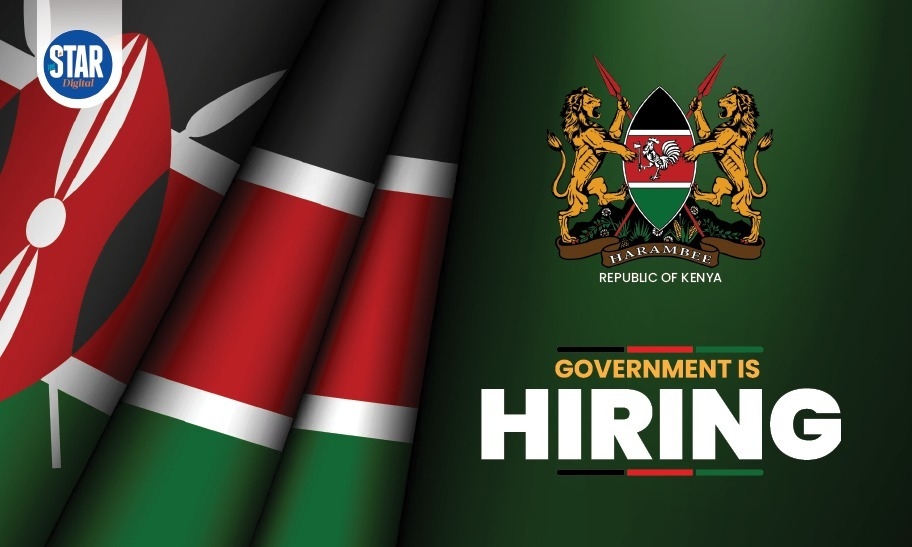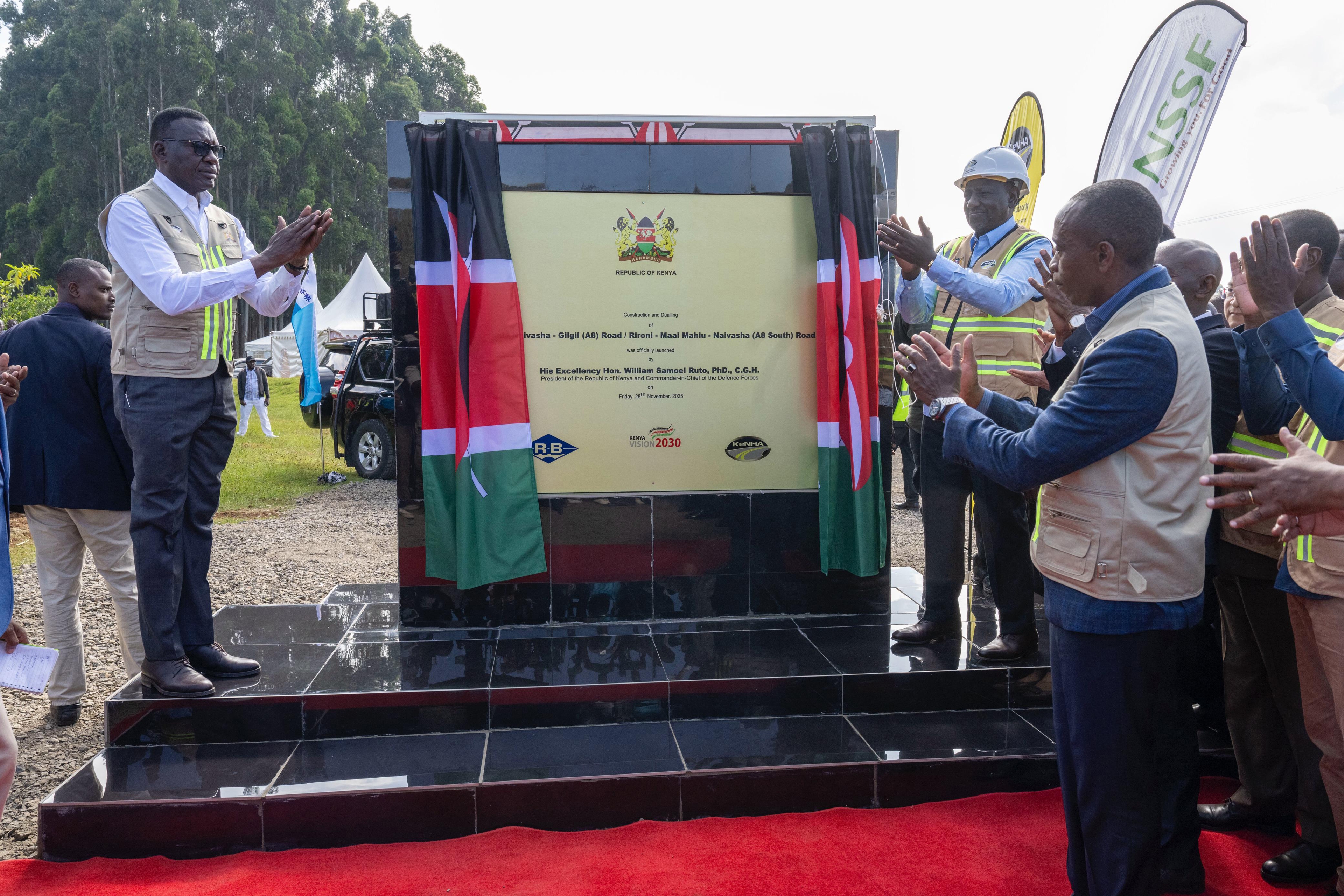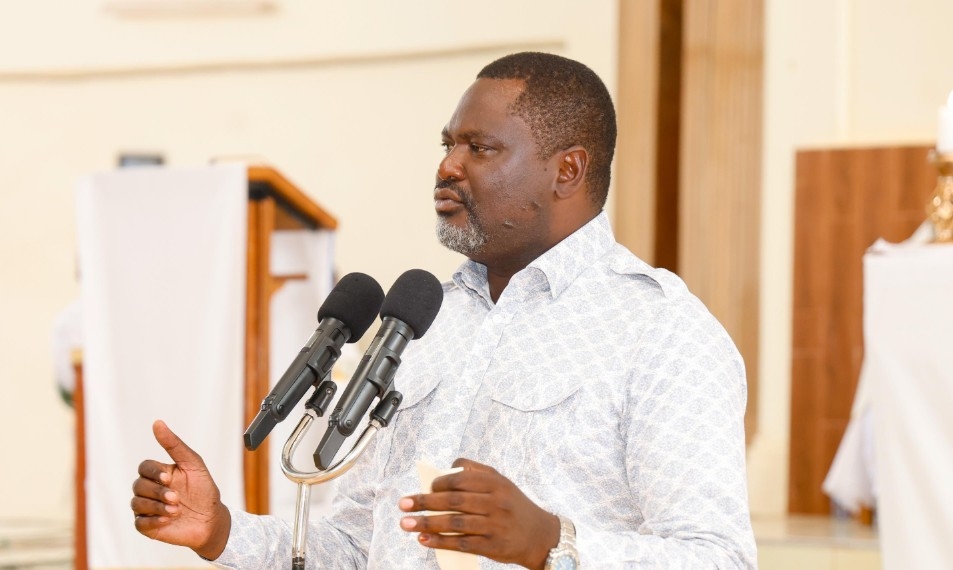The horrible killing of Olympian Rebecca Cheptegei in a Gender-Based Violence incident brings to mind the epic song 'How Come, How Long' by Babyface. In it, he questions how society turns a blind eye to GBV until it is too late.
In light of this and all other possibly less well-reported incidents since, I feel the need to ask how committed all Kenyans, including the whole of government, are to the fight to eradicate GBV.
For example, is there a tangible continuous effort as far as all three arms of government in Kenya are concerned to fight the scourge? If there is, I must say I have seen very little about it, even as horrific incidents regularly make it to the news.
This is a basic human rights issue that has serious and devastating implications for all Kenyans.
At the same time, it would be great to see some concrete action and programmes from law enforcement and the various social services agencies in both national and county governments.
For instance, away from vital NGOs, such as Usikimye, is the government doing anything to assist victims of GBV to access psychosocial support services? If they are, then frankly, they are not making enough noise about it.
In South Africa’s Western Cape province where I live, the provincial government funds GBV shelters in the province. Victims are not only assisted with psychosocial care but also provided with skills development programmes to support them to become economically independent upon exiting the shelters.
If you talk to activists in the field, as I have, you will discover that the provincial government’s efforts are not enough, considering the magnitude of the problem, but at least it is something.
But it’s not just the government. As a nation, we should fight against GBV, and as we do so, we should have a vision to create a society where every woman can live free from fear. This requires a collective effort from all Kenyans.
Reading the news and scrolling through social media, one is tempted to think there has been an increase in GBV cases. I tend to believe that relatively greater openness about the issue compared to even a decade ago is why we hear of more incidents.
However, and activists in the field will correct me if I am wrong, the fact is that the vast majority of cases go unreported.
To encourage more reporting, I would suggest, for example, that there be a GBV desk at every police station, and proper resources set aside for women’s shelters.
Another of the things we must do is to constantly challenge the societal norms, entrenched inequalities and harmful attitudes that allow this violence to persist.
Over the last eight years or so, for example, a South African newspaper group has run a '16 Days of Activism for No Violence Against Women and Children' initiative.
It runs from November 25, the International Day for the Elimination of Violence against Women, to Human Rights Day on December 10.
I am aware that in Kenya, the National Gender and Equality Commission joins the world in the campaign, but as I said above, they need to make more noise about it.
However, as GBV is not confined to those 16 days, I believe there should be a constant loud and noisy campaign on the issue that ensures the people cannot and do not look away.
In a news organisation, for instance, that could mean working with national and county governments, as well as NGOs, to recruit local celebrities, influential persons and ordinary citizens to sign a personal pledge to end these heinous crimes.
This pledge would be publicised in print, broadcast and online media, and every month, there could be some sort of activity to promote the campaign.
We cannot afford to continue looking away. The hour is upon us to do the right thing.











![[PHOTOS] Ruto present as NIS boss Noordin Haji's son weds](/_next/image?url=https%3A%2F%2Fcdn.radioafrica.digital%2Fimage%2F2025%2F11%2Ff8833a6a-7b6b-4e15-b378-8624f16917f0.jpg&w=3840&q=100)

